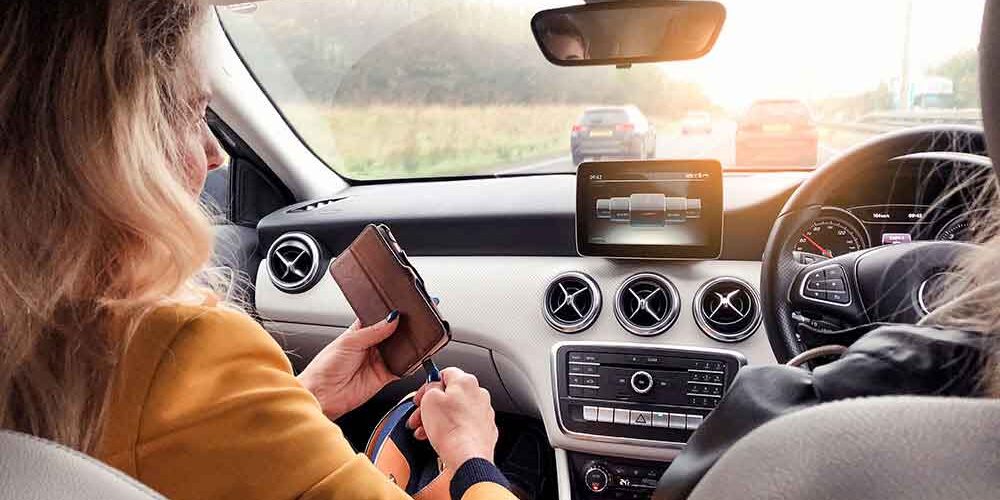Owning and running a car isn’t cheap. Vehicle Excise Duty – more commonly called car or road tax – is a big hit, and can run into thousands of pounds a year depending on your choice of wheels.
Although there’s now no need to display a disc in your windscreen, there’s no avoiding paying car tax unless you’re one of those who are exempt.
Find out if this applies to you and other useful information with our car tax facts.
- Car tax must be paid on all cars registered in the UK driven – or kept – on a public road.
- Choosing the right car, can make a big difference to how much you pay.
- Low tax cars are a good investment. They tend to hold their price and sell a lot quicker as more people want to keep running costs down.
- A vehicle kept off-road has also got to be taxed or have a SORN – a Statutory Off-Road Notice.
- Car tax can be paid in one hit, six months up-front at a time, or spread over the course of a year by direct debits.
- Tax on vehicles is not transferred when they’re sold. So, if you buy a car and the previous owner has recently taxed it, you don’t benefit. You’ll still need to tax it before you drive it.
- If, on the other hand, you’re selling a vehicle with car tax on, you can claim it back. A refund will be issued when you return the ‘Selling’ or ‘Transferring’ section of the V5C to the DVLA.
- Road tax on motorbikes, mopeds and motor-tricycles is usually lower than for petrol and diesel cars due to the lower emissions.
You’re exempt from paying car tax if the vehicle:
- Was made before 1 January 1979. (That means it’s classed as ‘historic’!)
- Is used by a disabled person
- Is electric. The electricity must come from an external source or an electric storage battery not connected to any source of power when the vehicle is moving.
- Is a mobility scooter, powered wheelchair or invalid carriage with a maximum speed of 8 mph on the road and fitted with a device limiting speed to 4 mph on footpaths.
- Is used for agriculture, horticulture or forestry
- Is powered by steam.
So, if you’re thinking about trading in your vehicle and shifting up a gear, it’s worth factoring in the added cost of car tax. You can find out how much yours is at the GOV.UK website.

